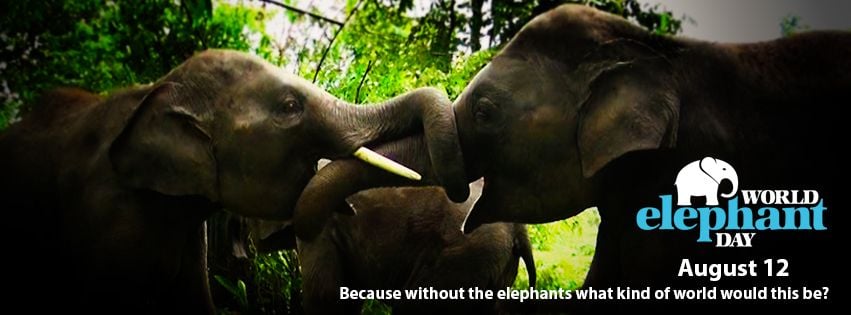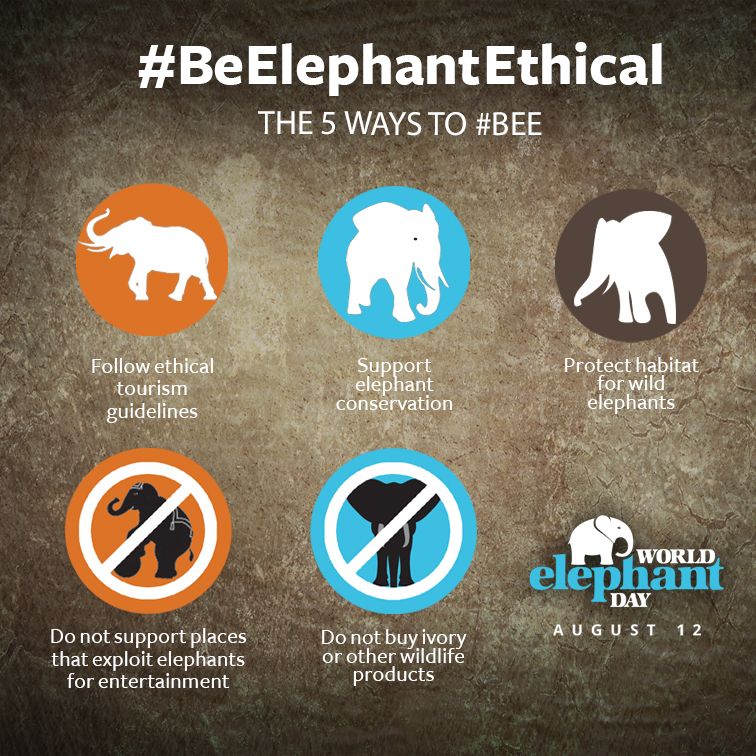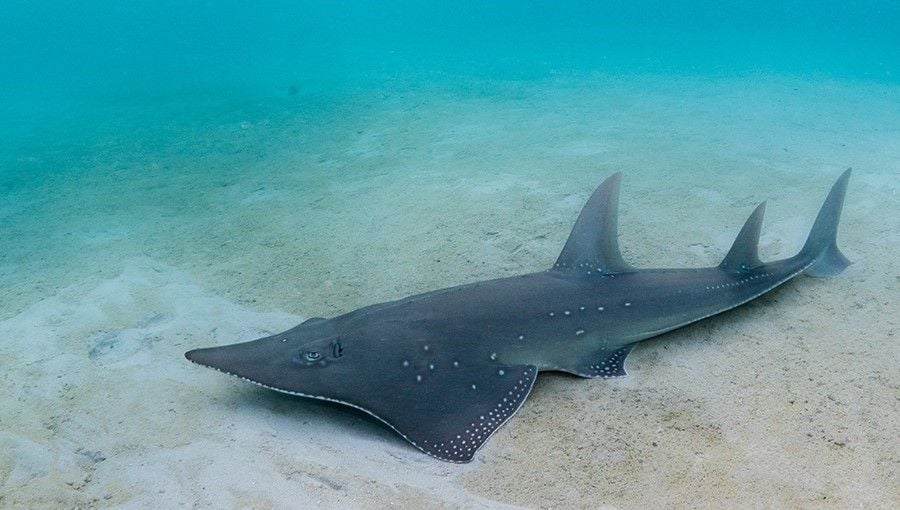|
It’s July and a chance for you to challenge yourself – can you #GoPlasticFree for the month of July? Will you take up the challenge?
The Marine Conservation Society (MCS) is holding what is now its annual #GoPlasticFree challenge. It does say that it’s pretty impossible now to be completely plastic-free, but we can all make small changes to reduce our plastic footprint. The more of us who try to do this the better.
According to its website, 3,957,397 tonnes of plastics have been dumped into the ocean so far this year. Goodness knows how that’s worked out, but even if it was a couple of tonnes, that would be too many.
We use single-use plastic for pretty much everything, from cleaning our teeth and showering, to buying and storing our food and other products. The problem is that plastic’s properties allow it to persist in the environment for hundreds to thousands of years.
Anyway, you will no doubt have heard the saying “Be the change you want to see in the world” so I’ve been looking to get rid of as much plastic in my life as I can.
So far, I’m using bamboo toothbrushes, a shampoo bar, a water bottle I can refill, I never bother with a straw anyway (can’t see the point of them), a coffee mug, I keep a bag in the for stopping off at the shops, and we’re growing herbs and fruit to cut out plastic packaging.
I know this is only a start, and I’ve got a lot more to do but now I stop before I use something or buy something and think, “Is there an alternative?” and “do I really need this?” And it’s amazing how much money you can save asking those questions…
For suggestions about what to do…
The Marine Conservation Society has lots of resources including
- Get your school involved
- Fundraise
- A Plastic Free Living Booklet you can download
- Plastic Free products
- Share tips on our community page
So dive in and see what you can do to reduce your plastic use. It’s estimated that if there isn’t a global response, there could be more plastic than fish in the sea by 2050.
Visit the Marine Conservation Society’s website for more information
|


